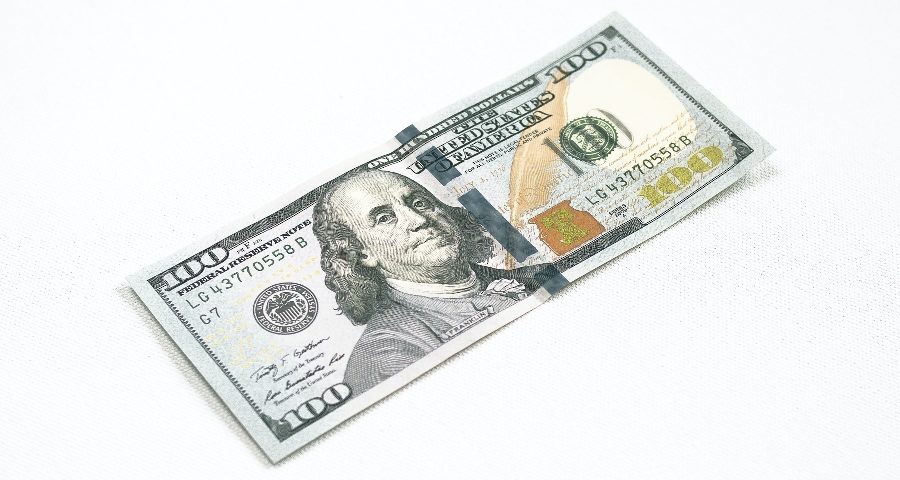The Basics of Damages Recovered by a Lawsuit

How to Gather Relevant Evidence for a Personal Injury Case
June 25, 2020
Tips for Dealing with Insurance Companies in a Personal Injury Case
August 20, 2020The Basics of Damages Recovered by a Lawsuit

If you’re involved in a lawsuit, you may be wondering about what type of compensation a court will award a defendant. Courts consider several different forms of damages that a plaintiff has incurred, and they will attempt to compensate a plaintiff with an amount that is proportionate to the losses or harm that he or she has suffered.
Damages Defined
Monetary compensation sought by a plaintiff is typically referred to as damages. In principle, damages should redress a plaintiff for a defendant’s wrongdoing. For a plaintiff to bring a case forward, he or she must be able to establish that he or she suffered damages as an essential element of his or her claim.
Courts May Award Several Forms of Damages
A court may award a plaintiff different types of damages as restitution for a defendant’s unlawful conduct. In some cases, damages can be precisely calculated. In other situations, the number of damages awarded may heavily depend on a court’s discretion. An award for damages may include one or several types of damages.
Compensatory Damages
When a litigant incurs monetary damages, a court may award compensatory damages to directly address their losses. For example, if a defendant’s breach of contract costs a plaintiff $10,000, then a court may award a defendant $10,000 in compensatory damages.
Incidental Damages
When plaintiffs incur damages that are indirectly attributable to a defendant’s conduct, they may seek incidental damages. For example, if the plaintiff from the above example has to spend an additional $2,000 to mitigate losses caused by the defendant’s breach of contract, the court may award the plaintiff that amount as incidental damages.
Special Damages
A plaintiff may sustain unique damages based on personal circumstances such as a medical condition. The fact that damages are unique to a plaintiff’s condition does not relieve a defendant of liability for the distinctive or unexpected effect that his or her conduct had on the plaintiff’s condition.
Punitive Damages
When a defendant’s conduct is particularly egregious, a court may order punitive damages. In these instances, the court finds that the defendant should have to pay above and beyond a plaintiff’s actual damages as a form of punishment and also deterrence against committing similar acts in the future.
The compensation that you seek in a lawsuit should be based on calculations that a court can easily understand. When you’re discussing your case with legal counsel, he or she will advise you in detail about the different forms of compensation to which you may be entitled.
